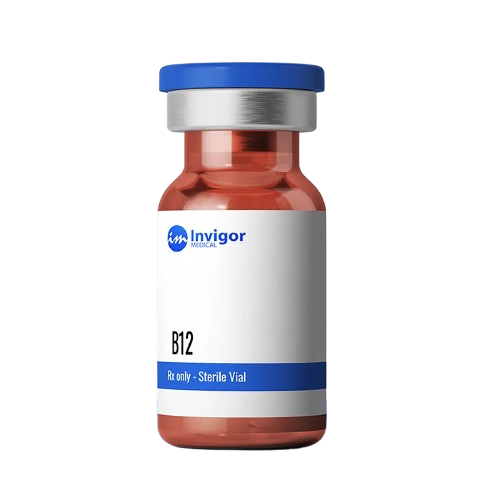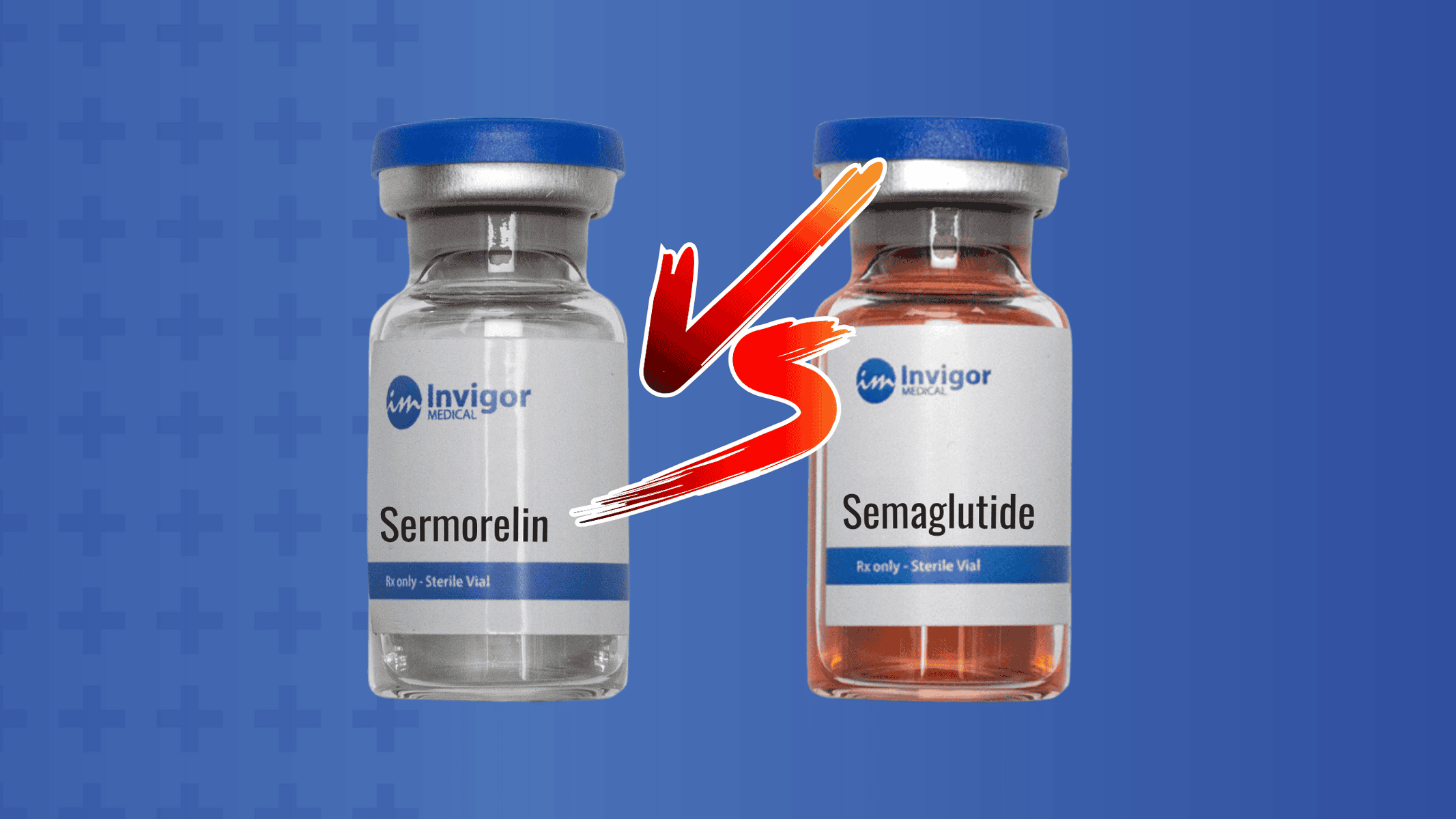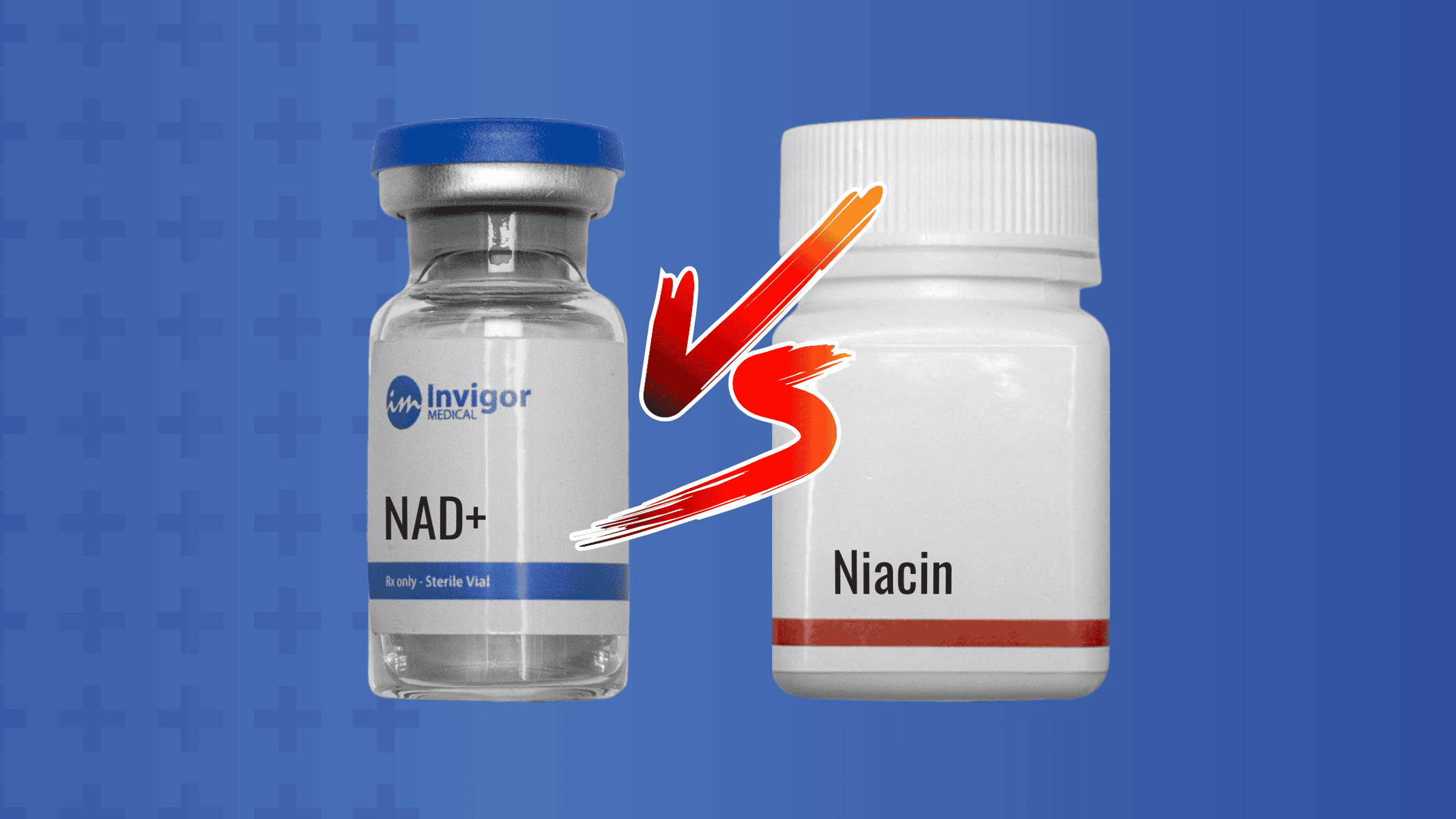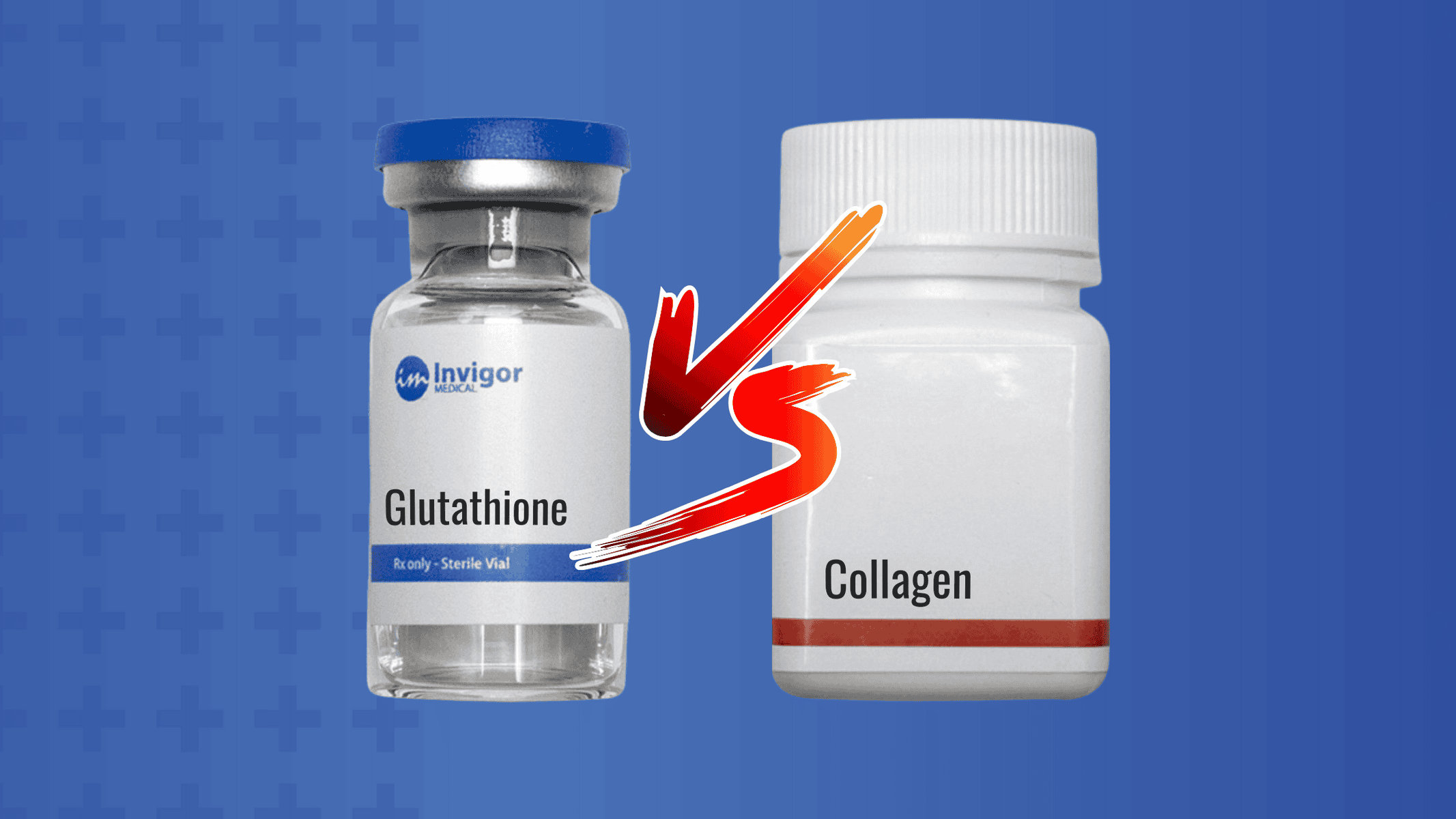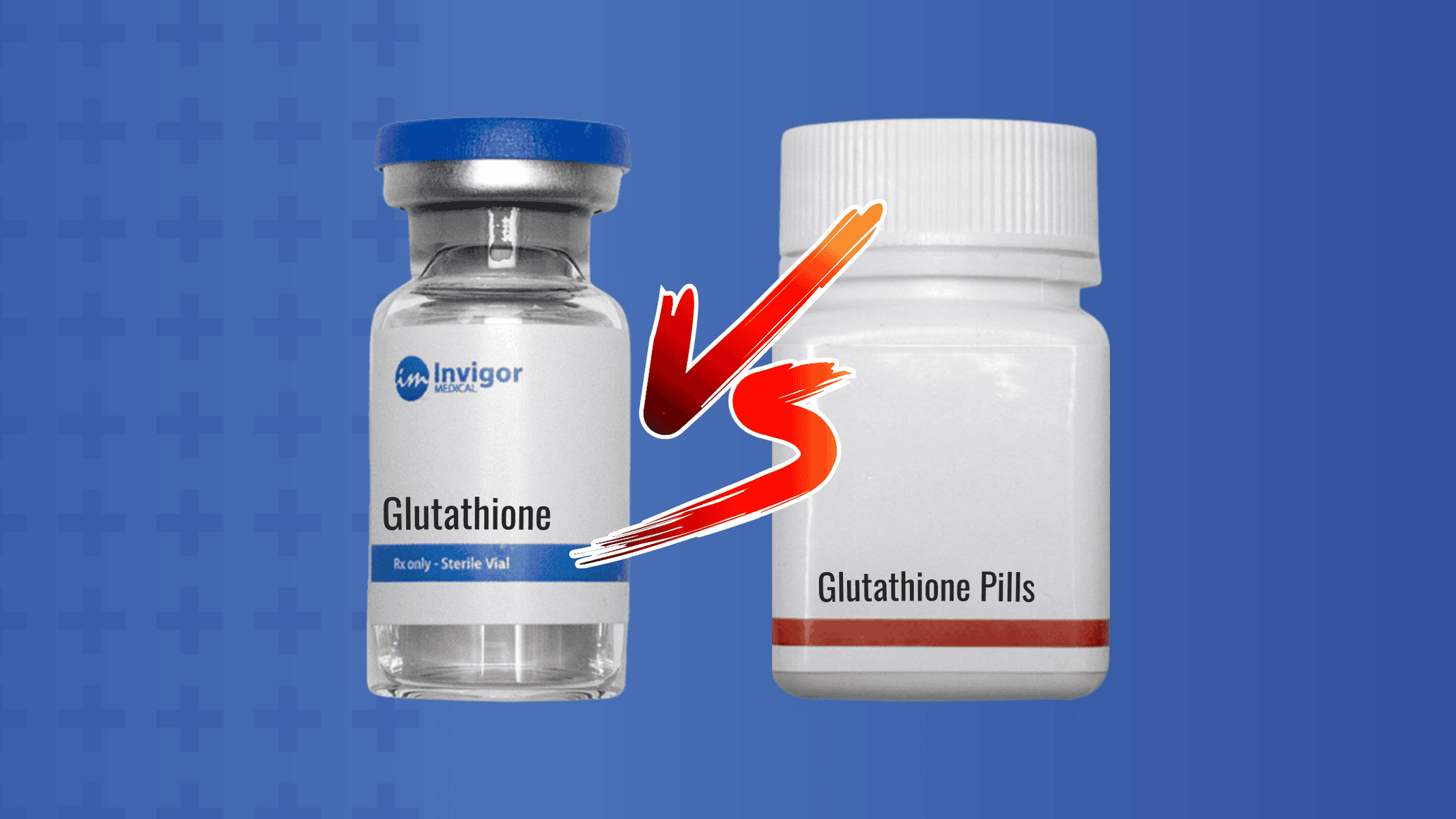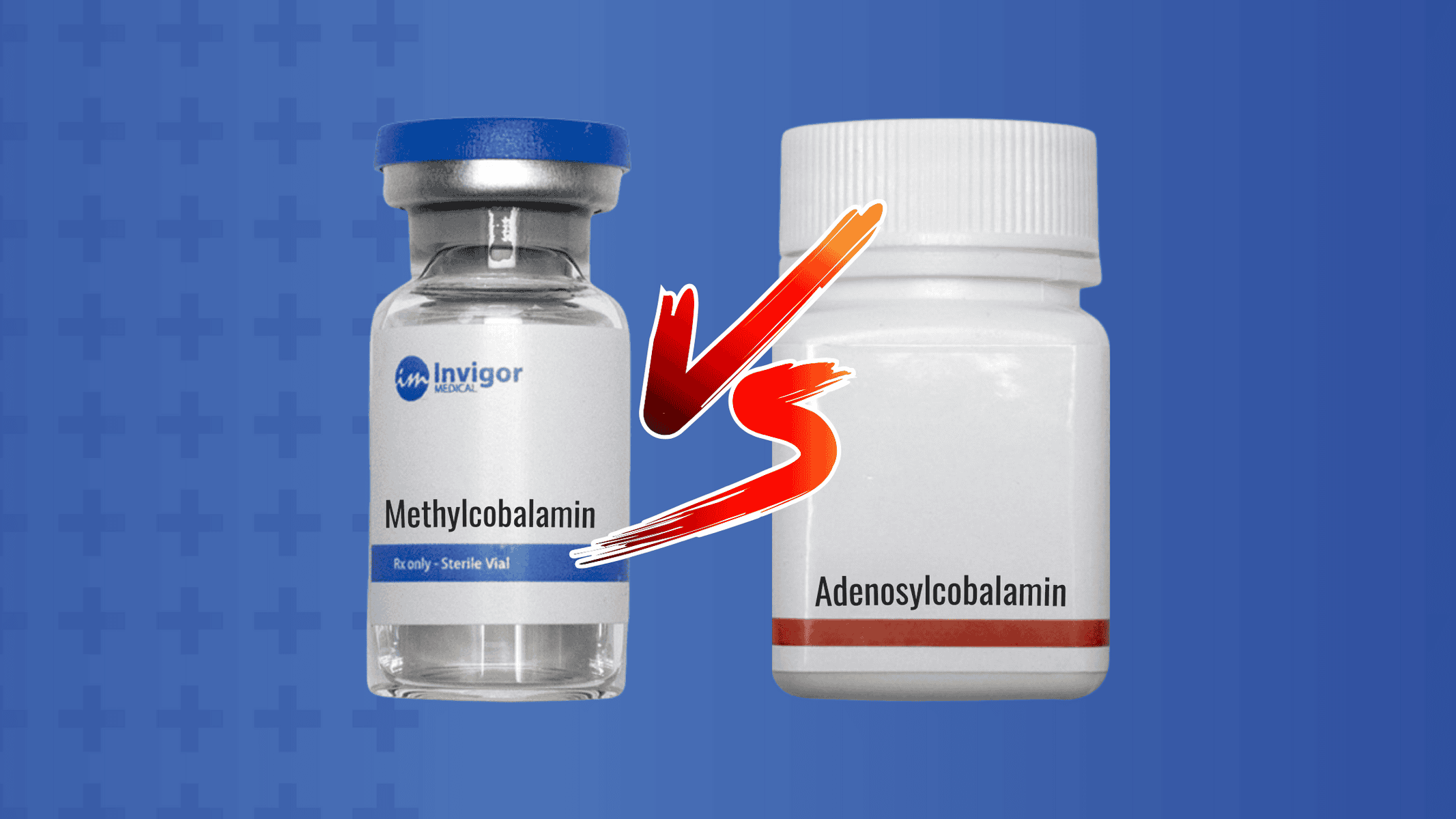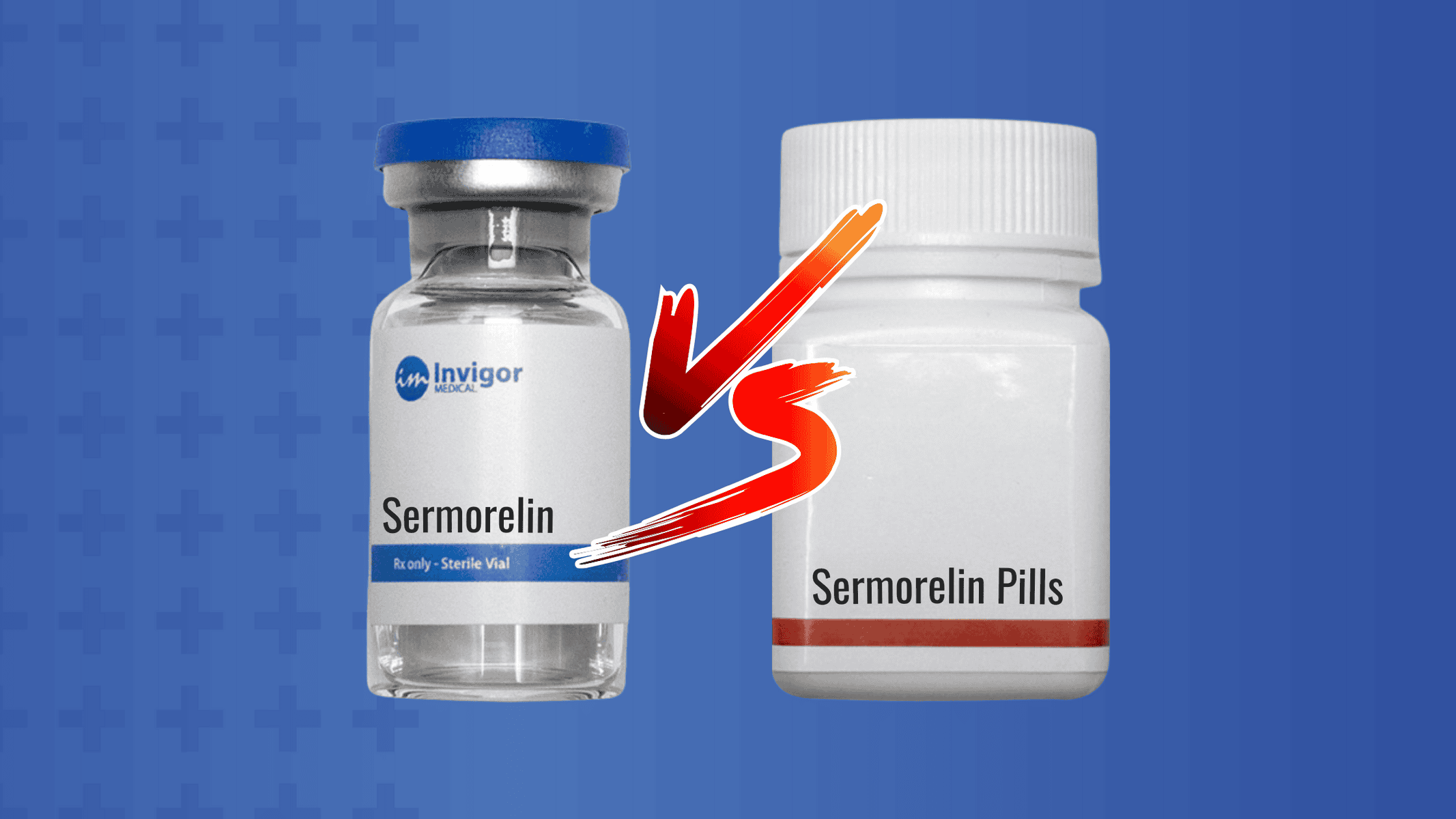Depression affects about 322 million people worldwide. It has many causes and contributing factors, and vitamin B12 deficiency is thought to be one of them. However, depression is a complex condition, and its pathophysiology is not fully understood. If you have a vitamin B12 deficiency and take supplements to replenish your vitamin B12 supplies, your depression symptoms may improve.
While the research is still incomplete, some studies indicate that higher vitamin B12 levels may help with depression. If you are struggling with depression, talk to your doctor, psychologist, or counselor to get an accurate diagnosis, rule out physical causes, and develop a treatment plan to improve your symptoms.
Table of Contents
Why Are Some People Vitamin B12 Deficient?
Vitamin B12, also known as cobalamin, is a vitamin that you must get in your diet or through supplements because your body cannot produce it. Many people have difficulty absorbing vitamin B12 from their diet or consume a vegan diet low in vitamin B12. This may put them at an increased risk for B12 deficiency. Excessive alcohol consumption and poor diet can also contribute to B12 deficiency.2
Vitamin B12 is stored in your liver, so it usually takes years to develop a vitamin B12 deficiency. However, about 6% of people under age 60 and nearly 20% of people over age 60 have a B12 deficiency.1 The symptoms are not obvious and can be hard to diagnose.
What Does Vitamin B12 Do In Your Body?
Vitamin B12 has several important roles in the body, including:1
- Helping to produce energy by converting food into glucose
- Maintaining healthy nerve function
- Making DNA, the genetic material in all cells
- Helping to form red blood cells
- Helping enzymes to function as a cofactor
- Controlling homocysteine levels
Vitamin B12 deficiency can cause several health problems, including anemia, nerve damage and dysfunction, and neurologic symptoms such as memory loss, difficulty concentrating, and mood disorders.
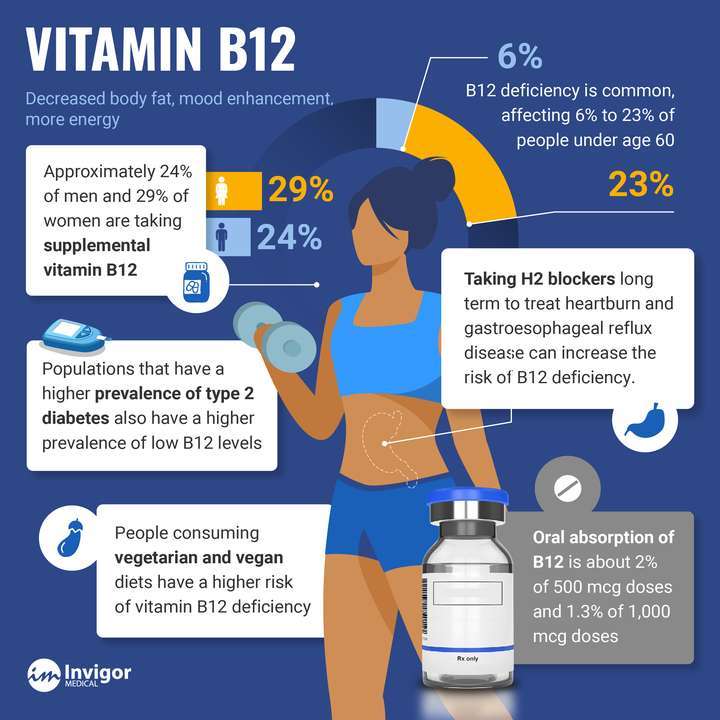
Does Vitamin B12 Reduce Depression?
Vitamin B12 is necessary to produce energy in the body and to produce neurotransmitters such as serotonin and dopamine. Neurotransmitters are chemicals in the brain that send messages between nerves that regulate mood and thinking. Serotonin and dopamine are two neurotransmitters that are important for mood regulation. Since vitamin B12 is important in synthesizing brain chemicals, it makes sense that a vitamin B12 deficiency would cause decreased serotonin and dopamine production.
Clinical Trials And Depression
In clinical trials, low vitamin B12 levels were associated with severe depression. About 20% of patients with psychiatric illnesses also have vitamin B12 deficiency. However, clinical trials often show no symptom improvement when vitamin B12 levels are restored to normal. Patient age, sex, or other factors may determine whether vitamin B12 supplementation improves depressive symptoms.3
In another study, patients with low and normal vitamin B12 levels were randomized to either receive vitamin B12 or a placebo. Patients who received vitamin B12 supplementation with antidepressants had marked improvement in their depressive symptoms over patients who received antidepressants alone.4
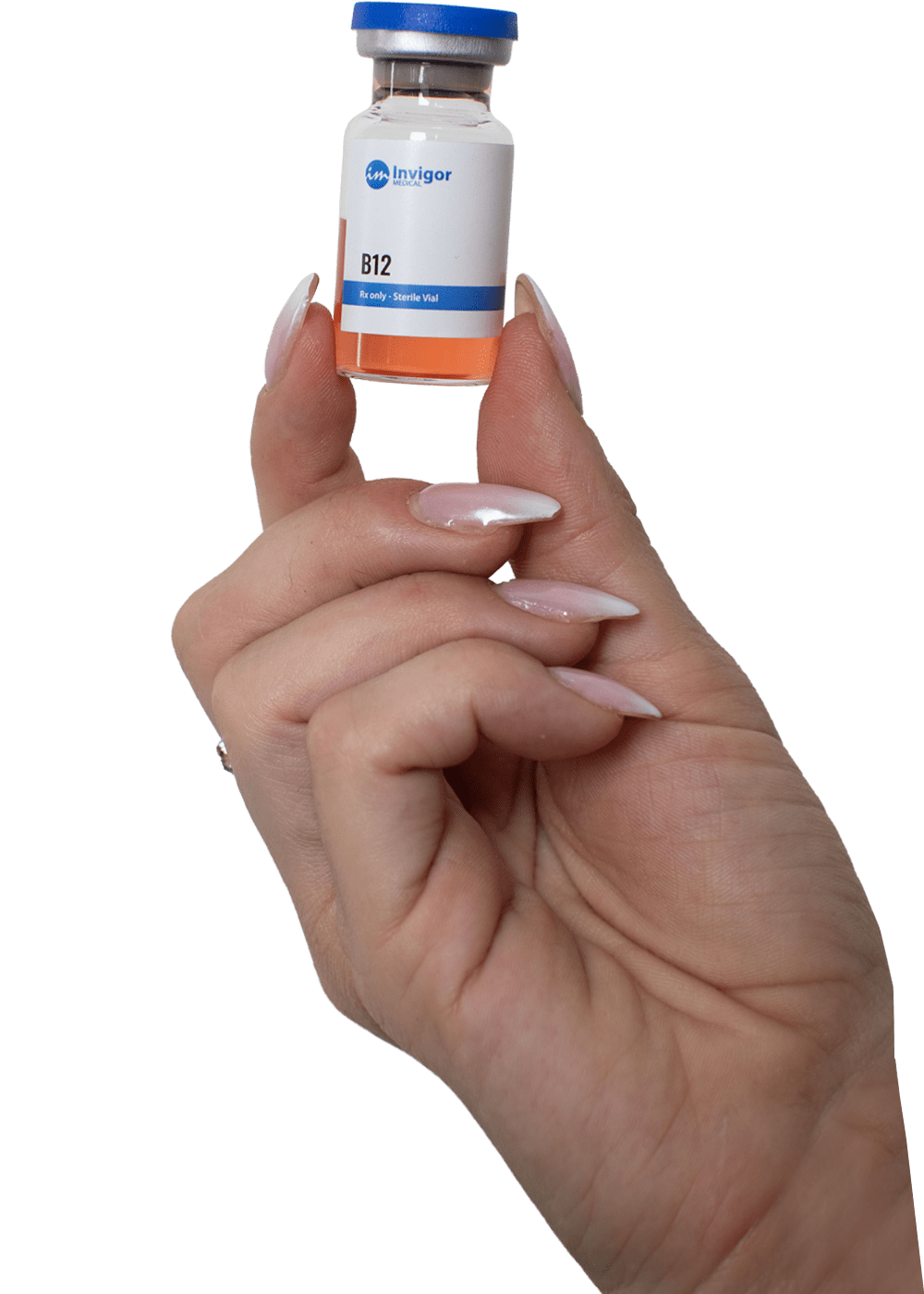
While some studies suggest that supplementing with vitamin B12 can help with depression in people with B12 deficiency, depression is a complicated medical condition that is not fully understood.
People with vitamin B12 deficiency may also have increased homocysteine levels.3 Increased homocysteine in the bloodstream is an indicator of vitamin B12 and folate deficiency. In a large study in Norway, increased homocysteine levels were associated with an increased risk of depression.5
Taking vitamin B12, along with other treatments for depression, may improve depressive symptoms. However, it is not likely to help with depression if you are not vitamin B12 deficient.

How Much B12 Do I Take For Depression?
In one study, researchers found that higher vitamin B12 doses are associated with better depression treatment outcomes. The researchers suggest a dose of 1 milligram of vitamin B12 daily. However, more research is needed to support this recommendation.5
If you are B12 deficient, clinical trials suggest that restoring vitamin B12 levels, along with other antidepressant therapies, may improve depression and prevent relapses. Talk with your doctor to see if you need lab work to determine your B12 status and to rule out any other medical conditions that may contribute to your symptoms. Increase dietary sources of vitamin B12 and consider taking a supplement to restore your vitamin B12 levels.
Depression Is A Serious Medical Condition
Depression is a serious medical condition that can impact all aspects of your life. Talk with your healthcare provider to develop a treatment plan that meets your needs and goals.
If you have questions about vitamin B12 injections, contact one of the Invigor Medical treatment specialists.
Incorporating Vitamin B12 into your health regime could be a transformative step towards alleviating depression symptoms, especially if you’re deficient in this vital nutrient. Research suggests that appropriate B12 supplementation, alongside other treatments, may brighten your mood and enhance overall well-being. If you’re considering adding Vitamin B12 to your diet for its potential mood-lifting benefits, buy Vitamin B12 today.

